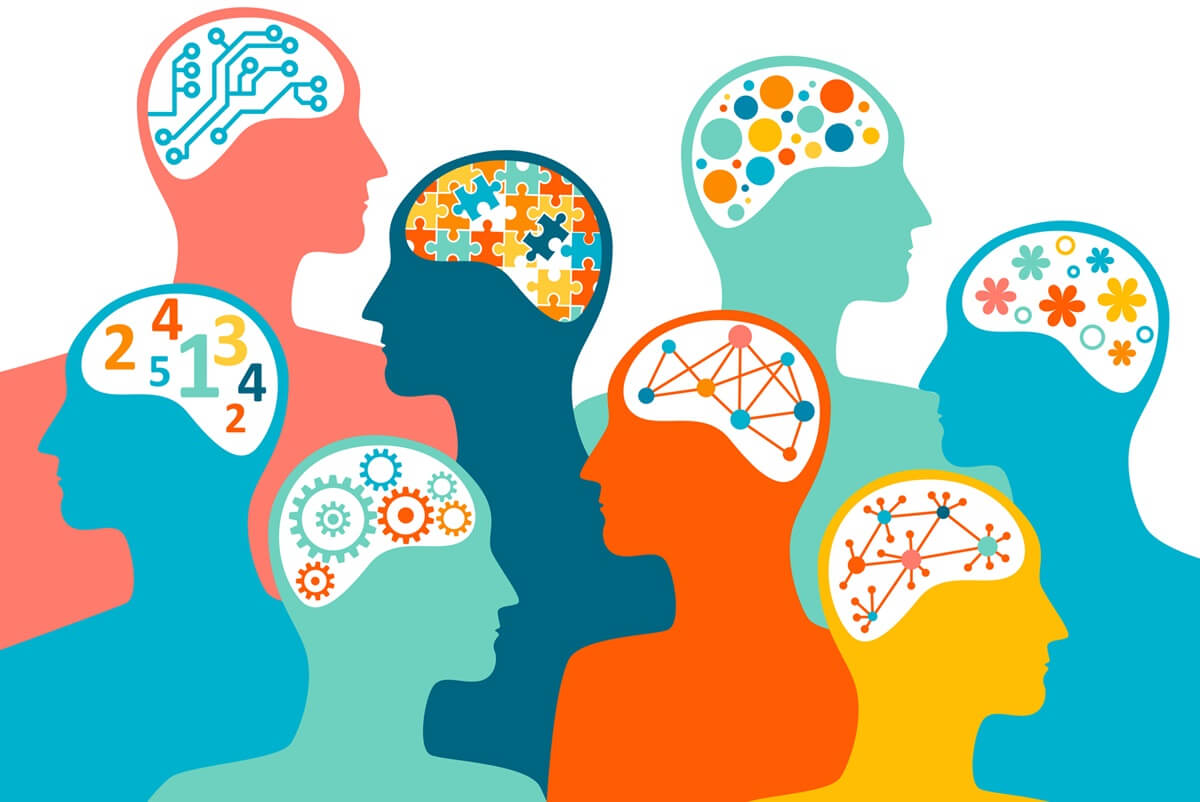About a month ago, a group of about 20 men—all fathers in their 30s and 40s—gathered at a home in Oakland, California to talk fatherhood. Alarmingly, when asked how many of them had “real friends”—the kind of confidantes with whom they could talk honestly and vulnerably about life on a regular basis, through good times and bad—only two people raised their hands.
It might be tempting to interpret this sense of isolation as a crisis of masculinity in the US. But the available research suggests that loneliness is a problem that supersedes gender. In a revealing sociological study, a large percentage of Americans report having shrinking networks and fewer relationships. The average American has only one close confidante, the same study showed. And the leading reason people seek out counseling is loneliness.
The Reason We’re Lonely
Why do so many Americans feel disconnected from one another? Many critics have blamed social media and smartphones. But the truth is that online social platforms often help us feel more connected to our communities—not less. The larger issue lies not with technology, but with Americans’ individualistic ideology.
Americans like to think of themselves as independent, unique and autonomous, as a classic study by Stanford psychology professor Hazel Markus has shown and described in her book Clash: How to Thrive in a Multicultural World. Like other individualistic cultures, mostly in Western Europe but also in some immigrant cultures, Americans want to stand out.
This individualistic mindset is in part the result of the Protestant work ethic, which heavily influenced US culture with the idea that every man has to prove his own worth in the face of God. Similar ideas were also emphasized by American transcendentalists including Ralph Waldo Emerson. In Emerson’s essay “Self-Reliance,” he claims that it is the job of individuals to find their own voice, path, and life calling. “Be yourself,” he wrote, “no best imitator of another, but your best self.” Immigrant culture also influenced American individualism, as our ancestors strove to forge their own path toward the American Dream.
Individualism in the US can differ by socioeconomic level. Working-class Americans tend to act more collectivistically, according to research by Kellogg School of Management professor Nicole Stephens. For example, people of higher economic status tend to be more independent, whereas poorer people often tend to be more collectivistic. But in general, Americans pride themselves on their independence, on their ability to succeed and pull themselves up by their bootstraps.
Our quest for independence may also be responsible for our current crisis of loneliness. We know from decades of research described in our book The Happiness Track that our greatest need—after food and shelter—is for social connection. From birth through old age, we need to feel that we belong. Yet we can easily become isolated from one another. Some of us get competitive when we compare ourselves with our peers; others get trapped in 12-hour work days or scatter across the country in the quest for achievement. We drown in workaholism and the busyness of life, then numb ourselves with alcohol and Netflix. Yet social connection is what we all desperately want—that sense of deep and powerful intimacy, whether it’s with a romantic partner or a friend.
Here’s What We Can Do
As men and women grapple with new definitions and forms of masculinity and femininity, we now have a rare opportunity to create new cultural norms around authenticity and vulnerability—the keys to building social connection. As Brené Brown, professor at the University of Houston Graduate College of Social Work, has so powerfully shown in her bestselling book Daring Greatly, when we allow ourselves to be seen—when we admit our fears or self-doubt, for example—we connect with others and in turn give them permissions to be themselves. In sharing our fears and insecurities, we find true relationship.
It took one person at the men’s group in Oakland admitting his vulnerabilities for everyone to suddenly open up. Thanks to this man’s courage—which at first led to an awkward silence—everyone else started to let loose, bonding with each other authentically. Parenthood is hard, it became clear; so is trying to balance being a good father and a good partner. In order to bond, they had to admit that they didn’t have everything under control all on their own; they needed each other.
Everyone has challenges in life, and many of those same difficulties are shared by the people around us. When we stop trying to emphasize what makes us different from, and better than, everyone else, and instead focus on what we all have in common, we feel a lot less alone in the world.
This article was co-written by Peter Sims, founder & CEO of Parliament, Inc. and author of Little Bets.
This article has been republished from Dr. Emma Seppala’s website with her permission.











